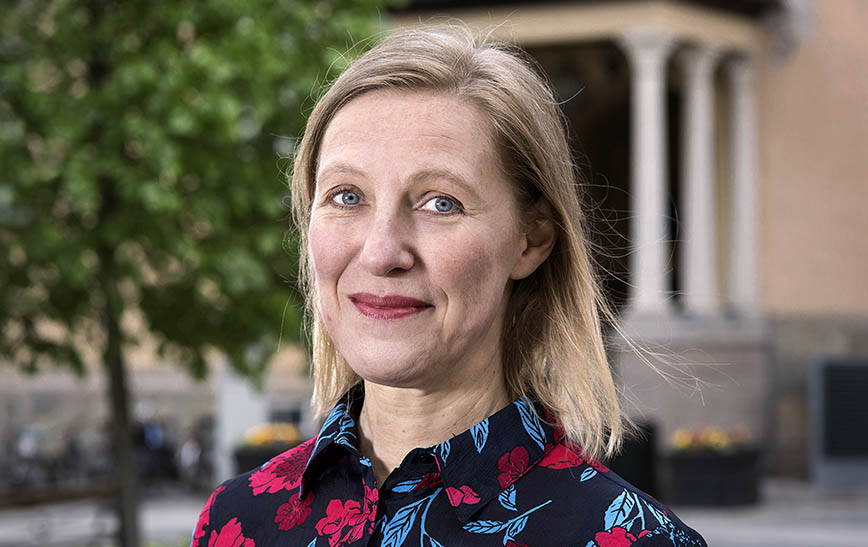Starting point for analysis of support services

A development oriented analysis of KTH support services has now been started, with the aim of making these services more efficient, professional and relevant.
“KTH has been one of the fastest growing universities in Sweden over the past few years and support services that keep pace both with changes in the world around us and our own internal needs will strengthen our competitiveness,” says University Director Kerstin Jacobsson, who is leading this work.
The development oriented analysis will look at support services at all levels, both within the University Administration(GVS) and at the schools, and is being done in close cooperation between the different functions and with broad support across our organisation.
By reviewing all flows, processes and structures that are part of support services today in a systematic and coordinated way, the aim is to find everything from bottlenecks to unclear or inefficient systems, that can be developed and improved. This should then provide an overall picture of needs that can form the foundation for a common working model and that makes clear prioritisations easier.
“We aim to find a way of organising work that is sustainable in the long-term, and that is clear and systematic and therefore uniformity in all parts of KTH is necessary,” says Jacobsson.
According to Jacobsson, transparency, clear prioritisations and a big sense of participation are key to creating the best possible support services and a necessity for the appropriate allocation of work. A culture characterised by cooperation and mutual respect for the different roles everyone plays and their contribution to our organisation is another near essential ingredient.
“More efficient and more uniform support will free up resources for research and education and everyone can then focus on their own tasks within their respective roles,” says Jacobsson.
Accurate and more coordinated development oriented support services that meet needs, optimise resources, opportunities and then establish ways of working will, in turn, help make KTH a more attractive employer - yet another line of thinking behind the analysis.
“A good place to work helps generate a good service that generates resources and results - so these all go hand in hand.”
You head this comprehensive programme and have assembled the different groups. How do you view progress so far?
“There is such an enormous capacity within our organisation and ideas about what needs to be developed within support services that I am convinced that it will deliver results when we work on a broad front in this way. And then it is in the nature of this type of development work that surprises will emerge along the way.”
How will KTH employees notice that the programme is a success?
“Via smooth and good forms of cooperation and flows that will be further developed on an ongoing basis within different administrative areas. A few changes will be implement as early as this year.”
Will this entail any cutbacks?
“The idea is not to dismantle anything but more about enhancing our support services for the future and avoiding any sudden need to make savings.”
Jill Klackenberg